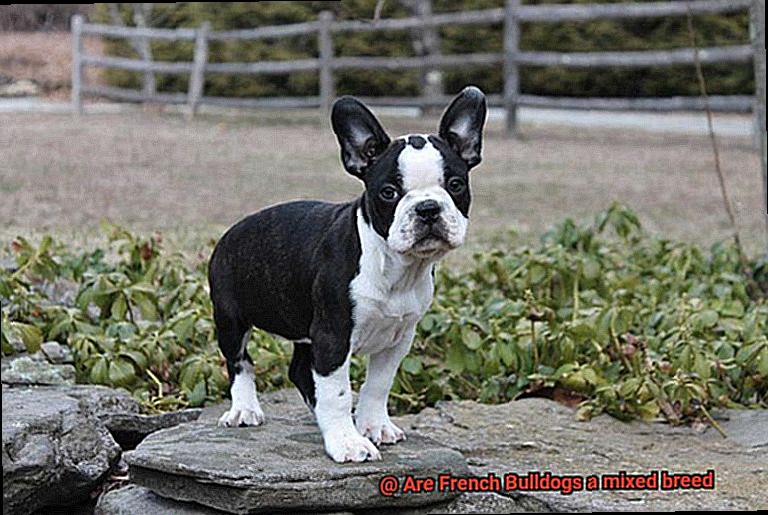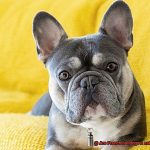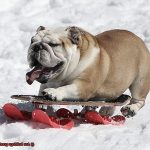Are French Bulldogs a mixed breed?
Prepare to embark on a thrilling journey into the enchanting realm of French Bulldogs – those utterly captivating, pointy-eared pooches that have stolen hearts across the globe. These precious little bundles of happiness may seem like they hail from France, but did you know their ancestry is a delightful mishmash of various breeds?
Yep, you heard it right. Forget what you thought you knew – French Bulldogs aren’t your run-of-the-mill mixed breed.
Instead, their lineage is an intriguing tapestry woven together by generations of diverse canine heritage. In this blog post, we’ll delve deep into the origins and distinctive traits of these furry darlings, unearthing their fascinating past and uncovering why they’ve become such a beloved choice for dog aficionados worldwide.
Get ready to fall head over paws for these utterly irresistible sidekicks.
Origins of the French Bulldog Breed
Contents
- 1 Origins of the French Bulldog Breed
- 2 Are French Bulldogs a Mixed Breed?
- 3 The Breed Standard for French Bulldogs
- 4 Responsible Breeding Practices for French Bulldogs
- 5 Physical Characteristics of French Bulldogs
- 6 Temperament and Personality of French Bulldogs
- 7 Variations in Appearance and Temperament
- 8 Working with Reputable Breeders for French Bulldogs
- 9 Conclusion
Prepare to embark on a journey through time and unravel the fascinating origins of the French Bulldog breed.
Chapter 1: The Industrial Revolution’s Canine Companions
Chapter 2: The Art of Crossbreeding
Once settled in Normandy, these lace workers had a vision – to create a smaller version of their beloved bulldogs. They began crossbreeding English Bulldogs with local terrier breeds, aiming for a compact yet sturdy companion. This meticulous process resulted in the birth of a new breed that would capture hearts around the world.
Chapter 3: From Parisian Sensation to Global Stardom
As word spread about these charming little canines, Parisian society fell head over paws for the French Bulldog. From aristocrats to working-class families, everyone wanted a piece of this adorable breed. Its popularity skyrocketed throughout France and soon crossed borders, captivating dog lovers far and wide.
Chapter 4: Recognition and Legacy
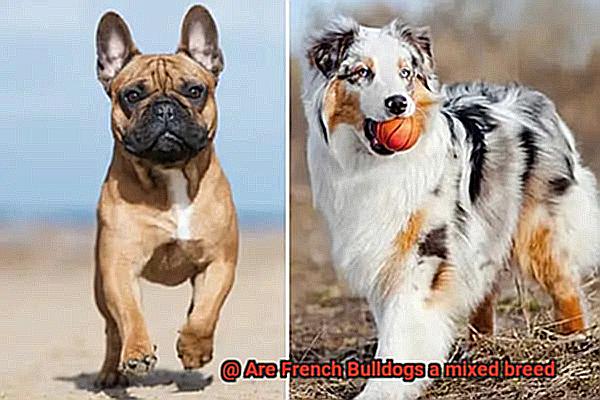
In 1898, the American Kennel Club officially recognized the French Bulldog as a distinct breed. Despite its name, this breed has no direct connection to France itself. Instead, it owes its roots to the dedication and crossbreeding efforts of European breeders who gave life to this extraordinary canine companion.
Are French Bulldogs a Mixed Breed?
French Bulldogs are often mistaken as a mixed breed due to their unique appearance. However, the truth is that French Bulldogs are not a mixed breed, but rather a purebred dog with a fascinating history. To understand this better, it is essential to delve into the origins of the French Bulldog and its breeding history.
Origins and Development
French Bulldogs originated in the 1800s in England, where they were bred as miniature versions of English Bulldogs. These small Bulldogs were then brought to France by lace workers during the Industrial Revolution. In France, they gained popularity among the locals, particularly in Paris, and became known as “Bouledogue Français” or French Bulldog.
Distinct Characteristics
While French Bulldogs share some similarities with other breeds, such as English Bulldogs and Pugs, they are distinct in their own right. The breed was developed through selective breeding and careful selection of specific traits. This process involved crossing various breeds, including English Bulldogs, Terriers, and local ratters, to create a unique set of characteristics that define the French Bulldog we know today.
Physical Appearance
One of the reasons why people may mistake French Bulldogs for mixed breeds is because of their physical appearance. They have a compact and muscular body, a flat face with a pushed-in nose, and large erect ears. These features resemble those of other breeds like the English Bulldog and Pug, leading to misconceptions about their lineage.
Purebred Status
However, it’s important to note that while French Bulldogs may share some physical traits with other breeds, they have their own distinct genetic makeup. The breed has been standardized and recognized by kennel clubs worldwide, including the American Kennel Club (AKC) and the Fédération Cynologique Internationale (FCI). These organizations have established strict breed standards that define the characteristics and traits that distinguish French Bulldogs from other breeds.
Maintaining Purity
To maintain the purity of the breed, responsible breeders follow a strict breeding program that ensures healthy and genetically diverse French Bulldogs. They carefully select breeding pairs based on their lineage, health, and adherence to breed standards. This helps to prevent the introduction of mixed bloodlines into the breed and maintains the integrity of the French Bulldog as a purebred dog.
The Breed Standard for French Bulldogs
If you’re a proud owner of a French Bulldog or thinking about getting one, it’s crucial to understand the breed standard. But what exactly is a breed standard, and why is it so important? Let’s dig in and uncover the secrets of the French Bulldog breed standard.
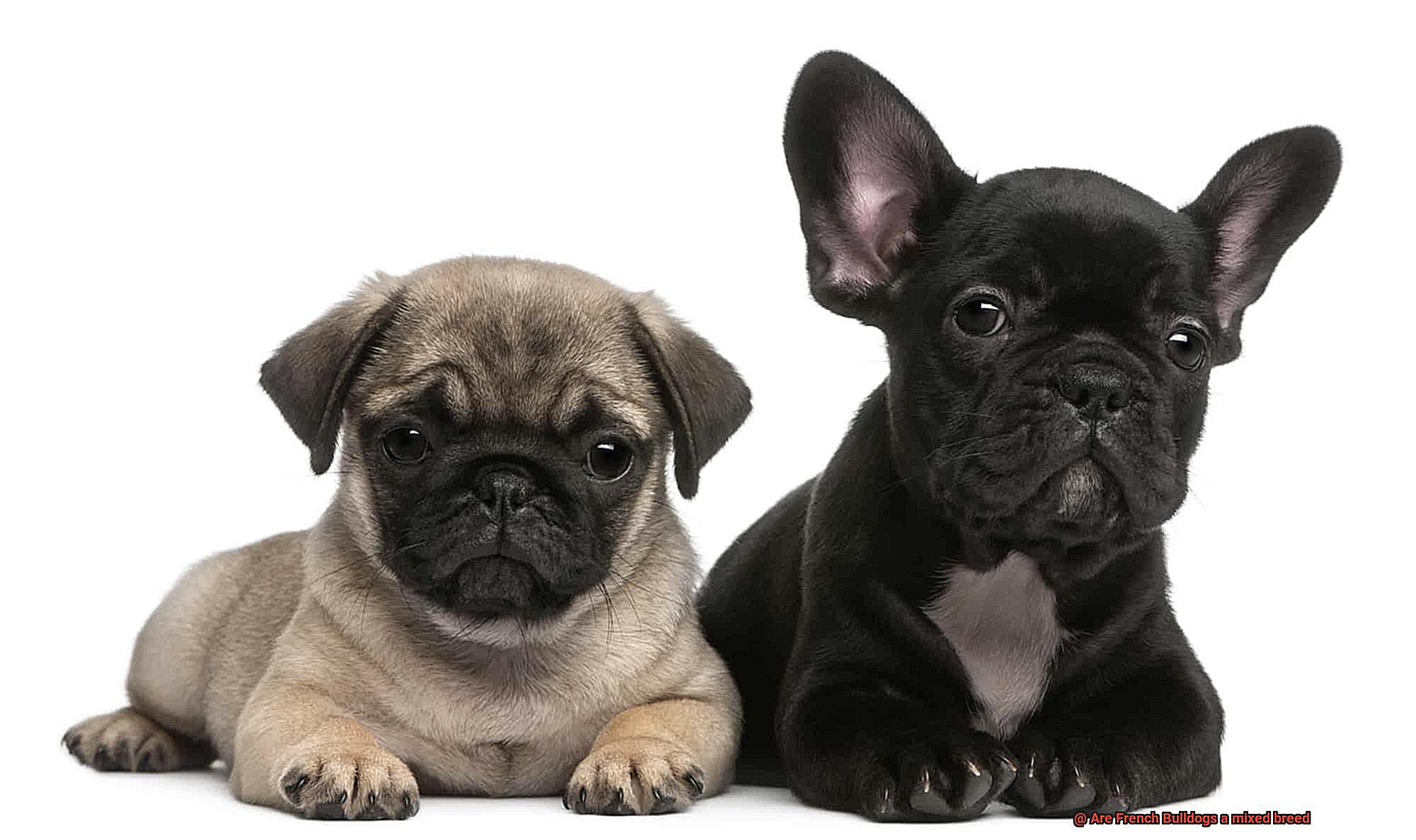
What is a Breed Standard?
Simply put, the breed standard is a blueprint that describes the ideal characteristics and appearance of a specific breed. It serves as a reference guide for judges in dog shows to evaluate and compare dogs against the ideal standard. The breed standard covers everything from physical traits like size, head shape, coat color, and pattern to temperament and behavior.
Who Develops the Breed Standard?
The breed standard for French Bulldogs is developed and maintained by kennel clubs and breed associations such as the American Kennel Club (AKC) and the Fédération Cynologique Internationale (FCI). These organizations work closely with breed experts, including breeders and judges, to ensure that the standard accurately reflects the unique qualities of French Bulldogs.
Why is the Breed Standard Important?
- Preserving the Breed: The breed standard plays a vital role in maintaining consistency within the French Bulldog breed. It helps preserve their distinctive characteristics, ensuring that they remain true to their heritage. By adhering to the breed standard, responsible breeders can help prevent unwanted variations that could dilute the breed’s unique qualities.
- Dog Show Success: If you dream of showcasing your French Bulldog’s charm and beauty in dog shows, understanding the breed standard is crucial. Judges assess dogs based on how closely they adhere to the ideal traits outlined in the standard. Deviations from the standard may result in point deductions or even disqualification.
- Health Considerations: The breed standard also addresses health-related aspects. For example, it may outline desired features that promote good breathing and prevent respiratory issues commonly associated with flat-faced breeds. It’s essential for breeders to prioritize health when selecting breeding pairs that conform to the breed standard.
Misconceptions and Variations
While the breed standard provides a guideline, it’s important to remember that perfection is not the goal. There can be some natural variations within the breed, as long as they do not deviate significantly from the ideal traits outlined in the standard. Each French Bulldog is unique, and not every dog will perfectly match every aspect of the breed standard. However, responsible breeders strive to produce dogs that are as close to the standard as possible.
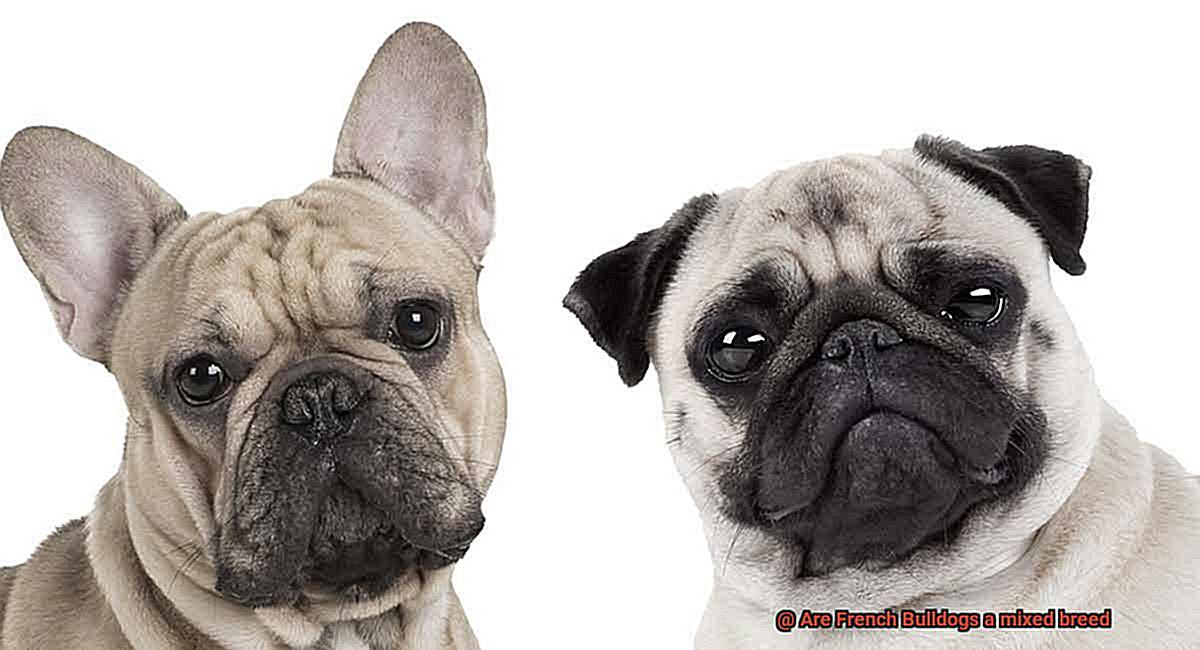
Responsible Breeding Practices for French Bulldogs
In this section, we will explore the key factors that contribute to responsible breeding practices, helping you make informed decisions as a French Bulldog owner or breeder.
Health Testing:
To safeguard the future generations of French Bulldogs, it is crucial to conduct comprehensive health tests on parent dogs. By screening for common breed-specific health issues such as brachycephalic syndrome, hip dysplasia, and genetic disorders, breeders can minimize the risk of passing on these conditions. Remember, healthy parents lead to healthier puppies.
Selecting Suitable Breeding Pairs:
Responsible breeders carefully select breeding pairs that possess excellent overall health, temperament, and conformation. This ensures that puppies inherit desirable traits while maintaining the breed standard. Avoiding inbreeding and diversifying the gene pool are also essential considerations.
Proper Care and Socialization:
French Bulldogs thrive in a loving and nurturing environment. Responsible breeders provide proper care and socialization to their dogs from an early age. This helps shape their behavior and temperament, resulting in well-adjusted and confident Frenchie pups.
Ethical Practices:
Responsible breeders prioritize the well-being of their dogs over financial gain. They do not engage in unethical practices such as mass production or selling puppies without proper screening of potential owners. Remember, responsible breeding is about quality, not quantity.
Knowledge and Education:
Breeders should be knowledgeable about the breed’s history, characteristics, and specific care requirements. Understanding the unique needs of French Bulldogs, such as their sensitivity to heat due to their brachycephalic features, allows breeders to provide appropriate care and guidance to new owners.
Preserving the Breed’s Integrity:
Responsible breeders aim to improve the breed rather than simply producing puppies for profit. They adhere to established breeding standards, participate in dog shows, and actively contribute to the preservation of the French Bulldog’s unique qualities.
Ongoing Support:
Good breeders offer ongoing support to puppy buyers, providing guidance on training, grooming, and healthcare. This ensures that each pup finds a loving and suitable forever home, leading to a lifetime of happiness for both the dog and their human companions.
Affiliation with Reputable Organizations:
To further contribute to responsible breeding practices, it is recommended for breeders to be affiliated with reputable breed clubs or organizations. These groups often have codes of ethics and guidelines that members must follow, promoting responsible breeding and ensuring the welfare of the breed.
Physical Characteristics of French Bulldogs
In this blog post, we will explore the distinct features that make French Bulldogs stand out from other breeds. So, if you’re a proud French Bulldog owner or simply intrigued by these delightful canines, keep reading to discover what sets them apart.
Compact and Muscular Build:
French Bulldogs boast a compact and muscular physique that gives them a sturdy appearance. Despite their small size, they have a solid bone structure and a stocky body that exudes strength.
Square-Shaped Head and Short Muzzle:
The square-shaped head is one of the defining characteristics of French Bulldogs. Their broad and short muzzle adds to their charm, giving them an endearing “smushed” face.
Bat-Like Ears:
A standout feature of French Bulldogs is their large, bat-like ears that sit atop their head. These erect ears not only enhance their cuteness but also contribute to their keen sense of hearing.
Wrinkled Face:
The wrinkled forehead and soft skin around the muzzle are among the most adored features of French Bulldogs. These wrinkles create expressive facial expressions that can melt anyone’s heart.
Size and Weight:
French Bulldogs fall into the small breed category. On average, they stand 11-12 inches tall at the shoulder and weigh between 16-28 pounds. Their petite stature makes them ideal for various living environments.
Coat Colors and Patterns:
French Bulldogs sport a short and smooth coat that requires minimal grooming. Their coat comes in a variety of colors, including brindle, fawn, cream, white, or combinations of these hues. Some may exhibit additional markings like black masks or white patches.
Naturally Short “Screwed” Tail:
French Bulldogs have a naturally short tail that is either straight or slightly curved. Unlike many other breeds, their tails are not docked. The unique “screwed” shape adds to their charm and individuality.
Distinctive Gait:
Thanks to their body structure and weight distribution, French Bulldogs have a unique gait characterized by a waddle or hop. Their adorable stride further enhances their lovable appeal.
Temperament and Personality of French Bulldogs
The Temperament and Personality of French Bulldogs: The Perfect Blend of Charm and Comedy
Have you ever met a French Bulldog? If not, prepare to be charmed by their friendly and affectionate temperament. These little clowns are known for their playful nature and entertaining antics that will keep you laughing all day long. As an expert on French Bulldogs, let me give you a glimpse into their unique personality.
- Friendly and Affectionate: French Bulldogs are social butterflies who thrive on human interaction. They love to be the center of attention and will do anything to make you smile. Their friendly nature makes them excellent companions for individuals, couples, or families with children.
- Confident and Outgoing: Despite their small size, French Bulldogs have a big personality. They fearlessly approach new people and animals with a wagging tail and a curious snort. Their confidence shines through in their interactions, making them an instant hit at social gatherings.
- Adaptable and Easygoing: French Bulldogs are a breed that adapts easily to different living situations. Whether you live in a cozy apartment or a spacious home, they will be content as long as they have your company. Their laid-back attitude makes them great travel companions as well.
- Loyal and Attentive: Once you become a French Bulldog’s owner, you can expect a lifetime of loyalty and devotion. These furry friends form strong bonds with their humans and will stick by your side through thick and thin. They have an uncanny ability to sense your emotions, offering comfort when you need it most.
- Stubborn Yet Trainable: French Bulldogs may have a stubborn streak, but with the right training techniques, they can learn basic commands and manners. Patience and positive reinforcement go a long way in shaping their behavior. Remember, consistency is key.
- Unique Personalities: Just like humans, every French Bulldog has its own personality. Some may be more energetic and outgoing, while others may be more laid-back and relaxed. Spending time with the breed before bringing one home will help you find the perfect match for your lifestyle.
Variations in Appearance and Temperament
French Bulldogs, or “Frenchies” as they are affectionately called, are a popular breed known for their distinctive appearance and lovable temperament. Whether you already own a French Bulldog or are considering bringing one into your home, it’s important to understand the variations that can exist within this breed. Let’s dive into the fascinating world of French Bulldog variations, from their appearance to their temperament.
Appearance Variations:
- Size: French Bulldogs come in different sizes, ranging from small to large. Some Frenchies may be petite and dainty, while others may have a more robust and muscular build. It’s important to choose a Frenchie that fits your lifestyle and living situation.
- Head Shape: French Bulldogs have a unique head shape with a flat face and a wrinkled forehead. However, the shape and size of their heads can vary slightly from dog to dog. Some may have a broader head, while others may have a more narrow or elongated head shape.
- Ears: French Bulldog ears are often described as “bat-like” and can either stand erect or be folded over. This variation adds to their adorable and quirky appearance. It’s important to note that both ear types are considered acceptable within the breed standard.
- Coat Color: French Bulldogs come in a variety of coat colors, including fawn, brindle, white, and pied. Each color variation has its own unique charm and appeal. Remember to embrace the beauty of your Frenchie’s coat color, no matter what it may be.
Temperament Variations:
- Energy Levels: While French Bulldogs are generally known for their playful and energetic nature, individual dogs may exhibit variations in energy levels. Some Frenchies may have a higher energy level, requiring more exercise and mental stimulation, while others may be more laid-back and enjoy a relaxed lifestyle.
- Sociability: French Bulldogs are known for their friendly and sociable nature. However, some Frenchies may be more outgoing and enjoy meeting new people and dogs, while others may be slightly more reserved and prefer the company of familiar faces. It’s essential to consider your Frenchie’s social preferences when introducing them to new environments or situations.
- Trainability: French Bulldogs are intelligent dogs that are generally eager to please their owners. However, individual dogs may display variations in trainability. Some Frenchies may pick up commands quickly and excel in obedience training, while others may require more patience and consistent training techniques.
- Adaptability: French Bulldogs are adaptable dogs that can thrive in various living situations, whether it’s a bustling city apartment or a quiet suburban home. However, some Frenchies may adapt more easily to changes in their environment, while others may require more time and support to adjust.
Working with Reputable Breeders for French Bulldogs
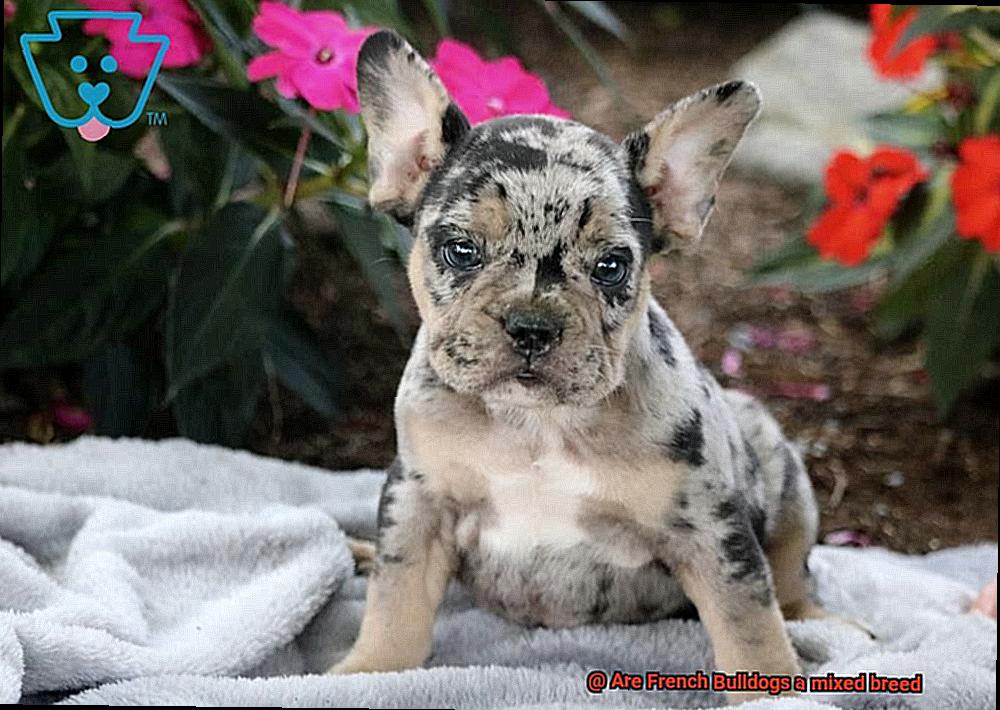
Are you considering adding a French Bulldog to your family? French Bulldogs, or “Frenchies,” are known for their adorable appearance and affectionate nature. However, when searching for a French Bulldog, it is crucial to work with a reputable breeder. As an expert in the field, I can tell you firsthand why working with a reputable breeder is so important.
Why Choose a Reputable Breeder?
- Health and Well-being: Reputable breeders prioritize the health and well-being of their dogs. They invest in health testing for their breeding dogs to screen for genetic conditions common in French Bulldogs, such as hip dysplasia and brachycephalic syndrome. By choosing a puppy from a reputable breeder, you greatly reduce the risk of purchasing a dog with significant health issues.
- Temperament: Reputable breeders focus on producing puppies with excellent temperaments. They carefully select breeding pairs that possess desirable personality traits, such as friendliness, adaptability, and trainability. This ensures that your French Bulldog will be a well-rounded and enjoyable companion.
- Socialization: Reputable breeders understand the importance of early socialization for puppies. They expose their puppies to various stimuli, environments, and experiences to help them become confident and well-adjusted dogs. This early socialization sets the foundation for your French Bulldog’s future behavior and helps prevent behavioral issues down the road.
- Support and Guidance: Reputable breeders provide ongoing support and guidance throughout your dog’s life. They are available to answer any questions or concerns you may have and can offer valuable advice on training, nutrition, and healthcare. This support network is invaluable, especially for first-time French Bulldog owners.
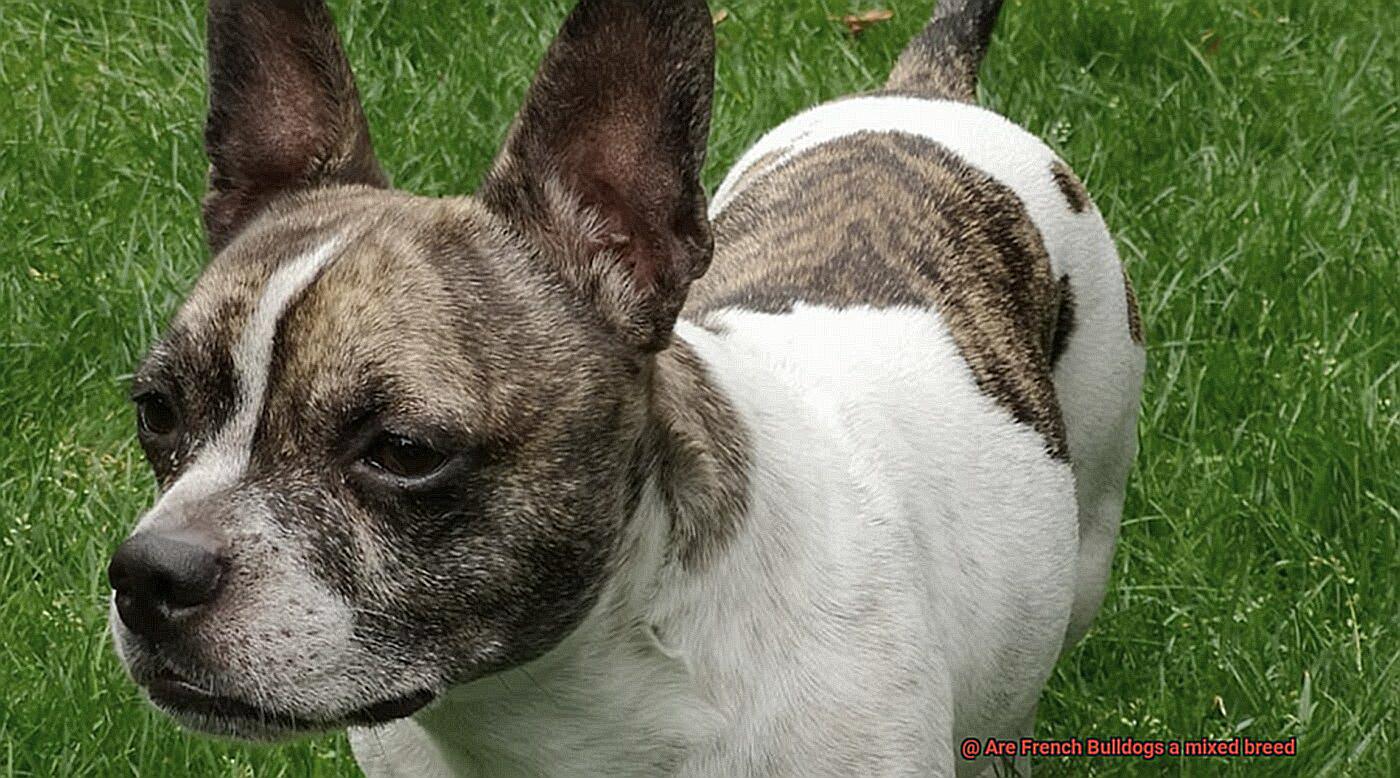
How to Identify a Reputable Breeder
- Research: Start by conducting thorough research on potential breeders. Look for breeders who are members of recognized breed clubs and organizations, such as the American Kennel Club (AKC) or the French Bulldog Club of America (FBDCA). These organizations have strict guidelines and ethical standards that breeders must follow.
- Transparency: Reputable breeders are transparent about their breeding practices. They willingly provide information about health testing performed on their dogs and can show you the results. This transparency demonstrates their commitment to producing healthy puppies.
- Interview Process: When working with a reputable breeder, expect to be asked several questions about your lifestyle, experience with dogs, and your plans for the puppy. Responsible breeders want to ensure that their puppies are going to suitable and loving homes. They may even have a waiting list or require a deposit before a puppy is reserved.
cHPwGAjqcI4″ >
Conclusion
In conclusion, it is clear that French Bulldogs are indeed a mixed breed. Their origins can be traced back to a crossbreeding of English Bulldogs and various small terrier breeds in the 1800s. This intentional mixing of genes resulted in the unique characteristics that we associate with French Bulldogs today.
These adorable canines possess the sturdy build and muscular physique of their English Bulldog ancestors, combined with the playful and energetic nature of terriers. Their distinctive bat-like ears and compact size further set them apart from other breeds.
While some may argue that French Bulldogs should be considered a purebred due to their established breed standard, it is important to acknowledge their mixed heritage. This blending of different breeds has contributed to their charming personality and lovable quirks.
Furthermore, the ongoing efforts by responsible breeders to maintain the health and well-being of French Bulldogs highlight the importance of understanding their mixed lineage. By carefully selecting breeding pairs and monitoring for genetic health issues, these dedicated individuals ensure that future generations of French Bulldogs thrive.
In conclusion, embracing the mixed breed status of French Bulldogs allows us to appreciate their unique traits while also acknowledging the importance of responsible breeding practices.
